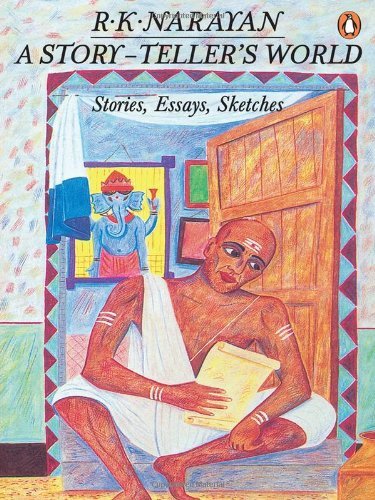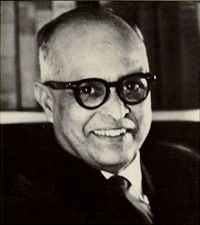
The essential R.K. Narayan. Forty essays, travel pieces, character sketches and short stories from India's greatest living novelist, the majority collected here for the first time. The three sections of the book: 'The Fiction-Writer', 'Short Essays' and 'Malgudi Sketches and Stories' provide a rare glimpse into R.K. Narayan's beginnings as a writer and his evolution into a world-renowned novelist. More importantly, each essay and story is in itself a triumph of Narayan's genius as a close and perceptive observer of the small and ordinary things of life. Finally, taken together, the pieces in this collection (on crowds, films, restaurants, clothes, cats, the English language and school-children among others) give the reader fresh insights into the distinctive aspects of the Indian South which finally achieved immortality in the fictional world of Malgudi. With an Introduction by Syd Harrex
Author

R. K. Narayan is among the best known and most widely read Indian novelists who wrote in English. R.K. Narayan was born in Madras, South India, in 1906, and educated there and at Maharaja's College in Mysore. His first novel, Swami and Friends and its successor, The Bachelor of Arts, are both set in the enchanting fictional territory of Malgudi and are only two out of the twelve novels he based there. In 1958 Narayan's work The Guide won him the National Prize of the Indian Literary Academy, his country's highest literary honor. In addition to his novels, Narayan has authored five collections of short stories, including A Horse and Two Goats, Malguidi Days, and Under the Banyan Tree, two travel books, two volumes of essays, a volume of memoirs, and the re-told legends Gods, Demons and Others, The Ramayana, and the Mahabharata. In 1980 he was awarded the A.C. Benson Medal by the Royal Society of Literature and in 1982 he was made an Honorary Member of the American Academy and Institute of Arts and Letters. Most of Narayan's work, starting with his first novel Swami and Friends (1935), captures many Indian traits while retaining a unique identity of its own. He was sometimes compared to the American writer William Faulkner, whose novels were also grounded in a compassionate humanism and celebrated the humour and energy of ordinary life. Narayan who lived till age of ninety-four, died in 2001. He wrote for more than fifty years, and published until he was eighty seven. He wrote fourteen novels, five volumes of short stories, a number of travelogues and collections of non-fiction, condensed versions of Indian epics in English, and the memoir My Days. -Wikipedia & Amazon.co.uk